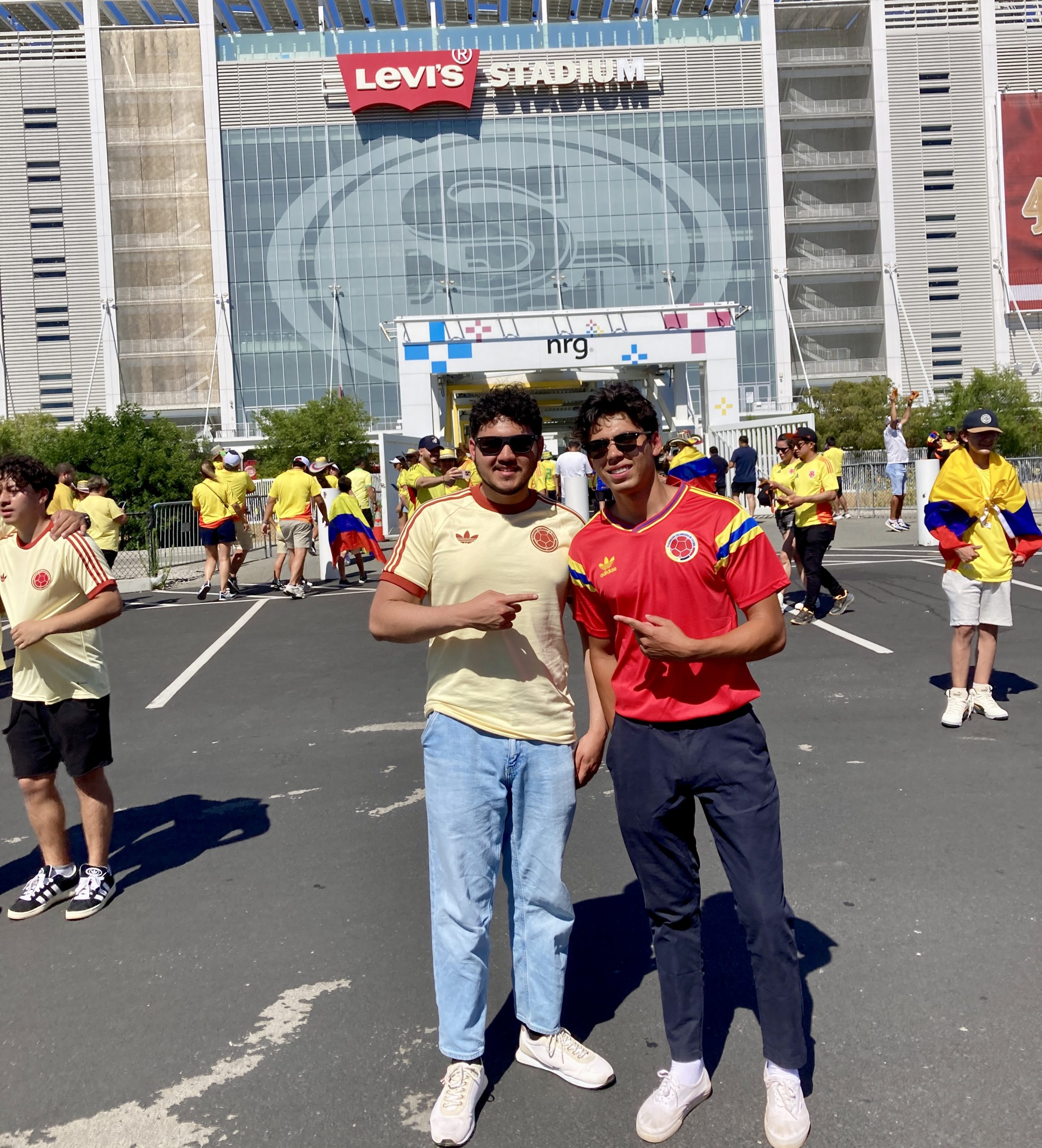This is another paper I wrote during my time at UBC, and it is for my economic history class. Interestingly, I hadn’t planned on taking this class because I wasn’t particularly interested in the topic. I attended the first lecture because my roommate and friend suggested I should, as the professor is from Colombia—just like me.
A week later, my friend messaged me, saying the professor asked about me. Knowing that not many people were taking the class and the professor specifically asked for me, I felt compelled to join the Zoom call and enroll. My plan was to drop whichever class I liked least before the deadline to maintain four classes. Unfortunately, UBC’s drop deadline is in the middle of the semester, unlike at Guelph, where you can drop until the last day of classes. The deadline passed without me realizing it, and I ended up overloading with five graduate classes instead of four.
However, it wasn’t all bad because the econ history class grade was based on a presentation, a paper, and class participation. Since I wasn’t interested in the topic initially, I struggled to choose a paper topic. Near the end of the semester, I decided to focus on something I’m passionate about: soccer (football). Specifically, I wanted to explore the main drivers behind a country’s success in football.
In the first lecture, we discussed the Great Divergence and why some countries are rich while others are poor—the central theme of the class was the different ways people have attempted to answer this. I wanted to answer why some countries are so good at football, and others aren’t. For example, Brazil is exceptional at football. At the same time, despite a similar population, culture, and comparable domestic league, Mexico hasn’t achieved the same level of success—Brazil has five World Cups to Mexico’s zero (Mexico has never even made the semifinals).
Attempting to establish a causal effect in this context would have been a massive task, perhaps requiring years. So, I decided to work with large datasets scraped from the internet and approach it descriptively. Given my time constraints with exams and everything else, I wouldn’t have been able to collect the data or develop a proper unbiased method for causal analysis. The dataset I constructed required creative and innovative methods to collect. Data I need is rarely available in a clean format, a recurring theme in my papers. I also have some undeveloped ideas, notably an instrumental variable, that could work, though it would require substantial argument for its validity.
The paper resulted in a 95% grade, which was quite a success. I believe this was mainly due to my efforts in web scraping and data collection and my ability to construct these datasets, rather than the quality of the paper itself, as it was more rushed compared to my other papers. Nonetheless, the results were interesting, and the outcome was positive.
Divergence in Beauty
Abstract: This study explores the influence of institutional and cultural factors on the international
success of soccer teams, motivated by the disparity in performance among countries
with similar cultural interests in soccer. By constructing and analyzing two specialized indexes—
the Institutional Index and the Cultural Index—this research assesses their effects
on the All-Time Rank of national soccer teams. The findings demonstrate that institutional
and cultural factors significantly impact a nation’s soccer performance. Specifically, an increase
in the Institutional Index is associated with an improvement of 1.8 ranks, and the
Cultural Index is 1.1.

